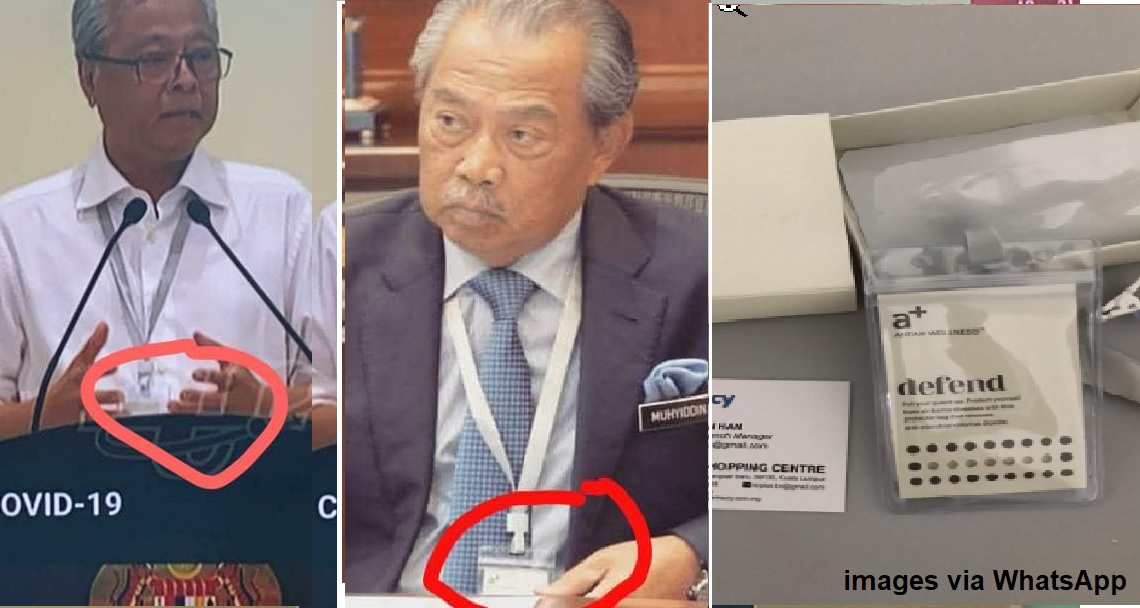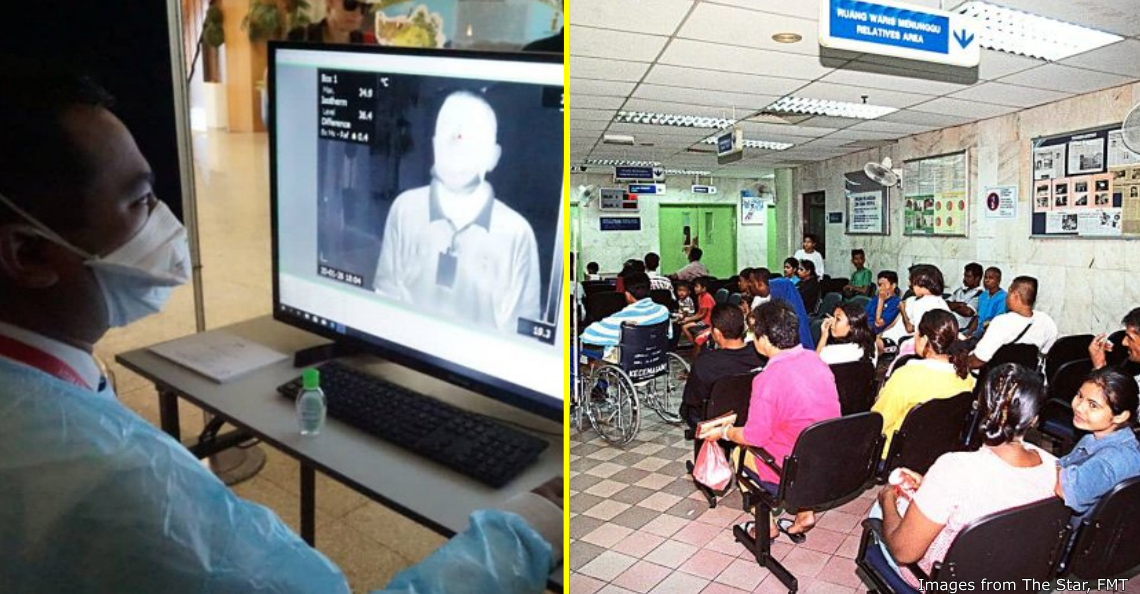Here are some possible Covid-19 cures Malaysia is currently working on.
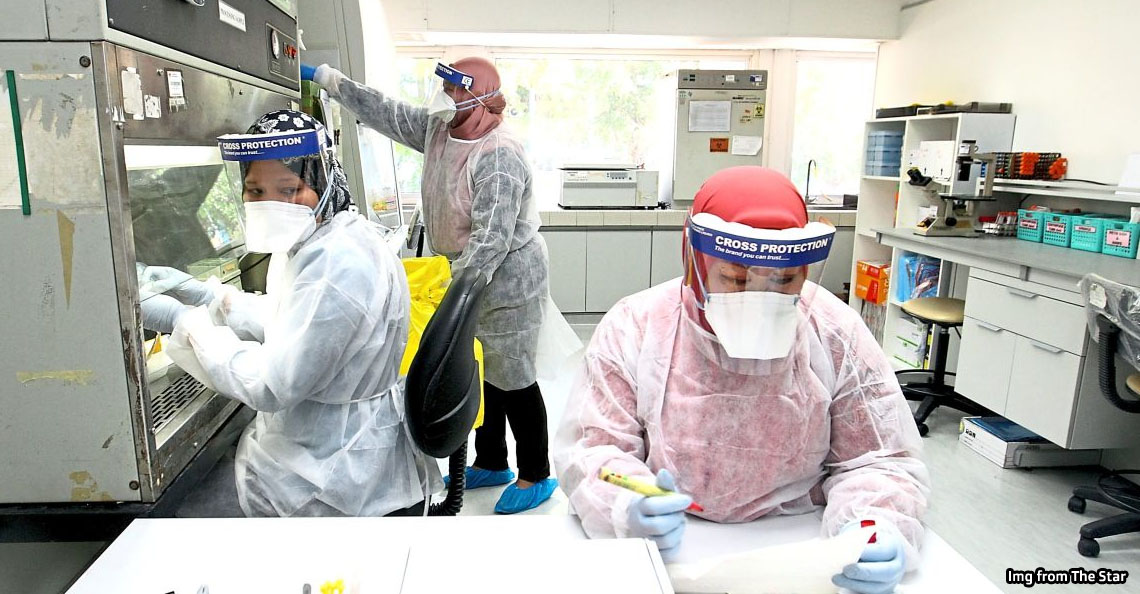
- 699Shares
- Facebook662
- Twitter5
- LinkedIn5
- Email9
- WhatsApp18
In case you haven’t been following the news lately, after about a month of the MCO, the number of new Covid-19 cases have been reduced by quite a bit, from literally hundreds in a day to just 36 on Monday (20 Apr).

The number of people cured from the virus have also been increasing, and so far, despite tightened controls at some areas, overall things seem to be improving in Malaysia. But we shouldn’t relax just yet. As of the time of writing, the world has yet to find a real cure or vaccine for Covid-19. Right now, what we’re doing is basically just keeping all the infected people we can find away from other people and treating their symptoms until the virus is cleared.
That solution works in current circumstances (low number of cases, the MCO being enforced, etc), but without a proper, sure-100%-confirm cure against the virus, all it will take to put us right back where we started will be a single infected guy waddling into a crowded KTM station and a hatchiuu.

Despite what the numbers may tell us, without a cure or vaccine, we won’t reach our happily ever after. So how are we doing on the whole cure thing? Well, our buddies over at SOSCILI did a piece on several global efforts towards that, but for Malaysia, at the moment we could find three main initiatives.
Today, we’ll be looking at these, starting with…
1. Involvement with the WHO’s SOLIDARITY trials
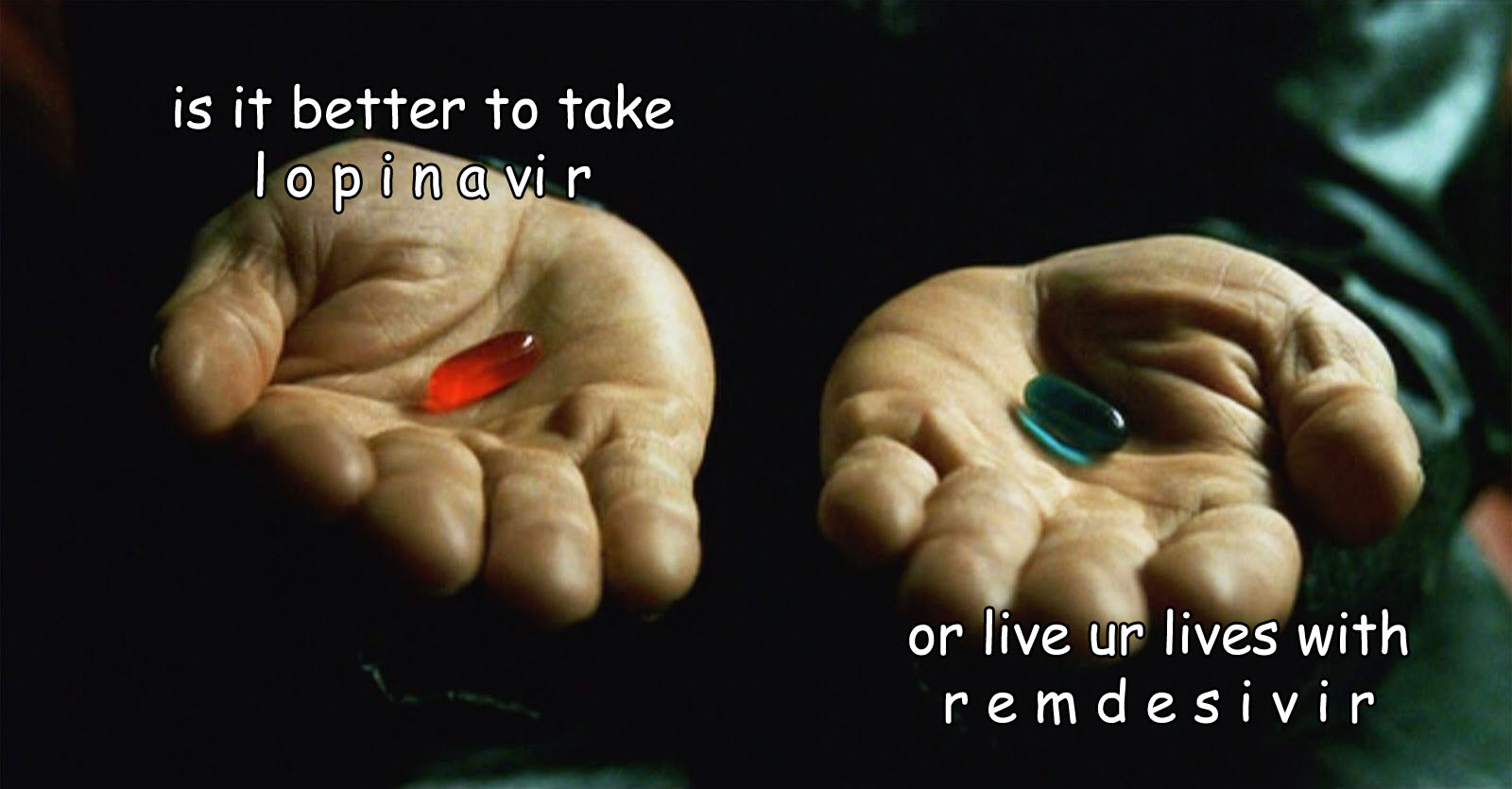
The SOLIDARITY trials are basically the World Health Organization‘s answer to finding an effective treatment for the Covid-19 lickety-split. Coming up with a legit cure for the coronavirus could take years, and SOLIDARITY aims to cut down that time by 80%.
How? One way is that instead of looking at dozens of potential drugs and their potential combinations and testing all of them, the WHO picked four that seem most promising at the moment to focus on. They are:
- remdesivir, an experimental antiviral compound
- chloroquine and hydroxychloroquine, both malaria medications
- lopinavir and ritonavir, a combo used for HIV treatments
- the lopinavir and ritonavir combo from above, plus an immune system messenger called interferon-beta for more oomph
Besides cutting down on the time needed to come up with a coronavirus drug from scratch, SOLIDARITY also cuts down on the trial time by including coronavirus patients in over 90 countries, enabling more trials to be done at roughly the same time. Malaysia is one of the countries chosen for these trials, and it seems like we’ll be testing how effective remdesivir is on our patients very soon.

Remdesivir is an experimental drug that was once developed to treat the Ebola virus, but it seemed to work for a host of other viruses as well (like coronaviruses), by messing up their ability to copy themselves and reproduce. As of the time of writing, it would seem that nine participating Ministry of Health (MOH) hospitals throughout Malaysia are ready to start the trials.
2. Repurposing a vaccine used for… chickens?
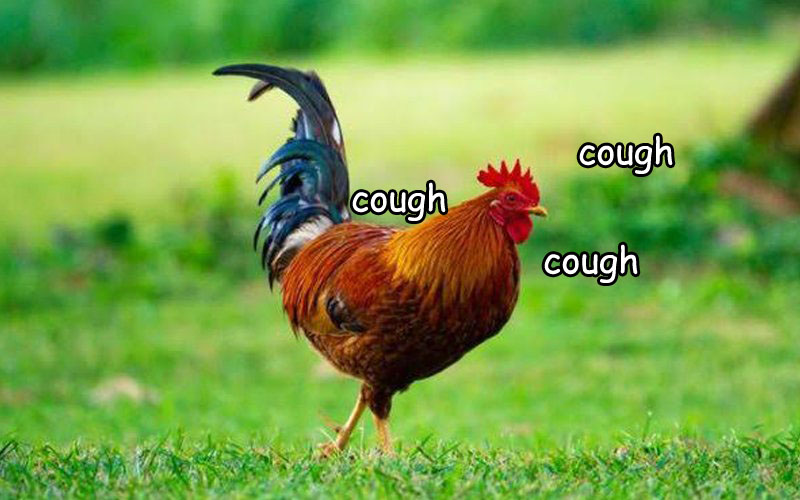
No, not a vaccine for cowardly people, but actual chickens. Late last month, it was announced that Malaysia’s Institute of Medical Research (IMR) will be collaborating with Universiti Malaya’s Tropical Infectious Diseases Research and Education Centre (TIDREC) and local veterinary vaccine manufacturer Malaysian Vaccines and Pharmaceutical Sdn Bhd (MVP) to develop a vaccine for Covid-19 from an existing local vaccine.
The clincher here is that the vaccine is for the avian Infectious Bronchitis Virus (IBV), which is a kind of coronavirus that affects mostly domestic birds. The IBV is highly infectious, affecting the respiratory tract, gut, kidneys, and the reproductive system of birds, and it can potentially cause huge losses to the poultry industry. However, besides potentially losing a farm because of it, the IBV generally doesn’t affect humans.
So why is Malaysia turning to a chicken vaccine to solve a human health problem? Well, the idea didn’t actually come from Malaysia, but from Israel. It was reported that researchers from MIGAL, one of the Israeli government’s R&D centers, have found that the IBV and Covid-19 are quite similar in their genetics and their infection mechanisms.
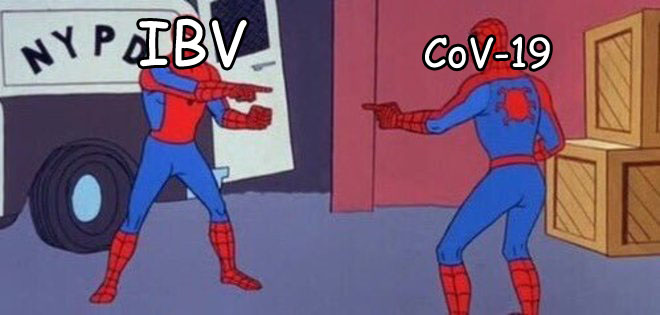
MIGAL had been developing the IBV vaccine when the Covid-19 pandemic hit, so they believe they may be able to tweak it and come up with a Covid-19 vaccine within a few more weeks. This piece of news apparently inspired Malaysia’s MVP to try and do the same thing.
“After reading about what the Israelis did we felt we can try to do the same thing and hopefully we can get a positive result from it,” – Rashidah Ibrahim, MVP’s executive director, to Malay Mail.
Based on reports on MIGAL’s research, it would seem that their methods are dependent on a wee bit more than just the two viruses being similar, but we couldn’t find out more on MVP’s research to compare. Regardless of that, Rashidah had said in an interview that the vaccine, whose testing and development is estimated to cost some RM850,000, would be ready in less than a year. So… fingers crossed.
3. Studying the blood of cured people
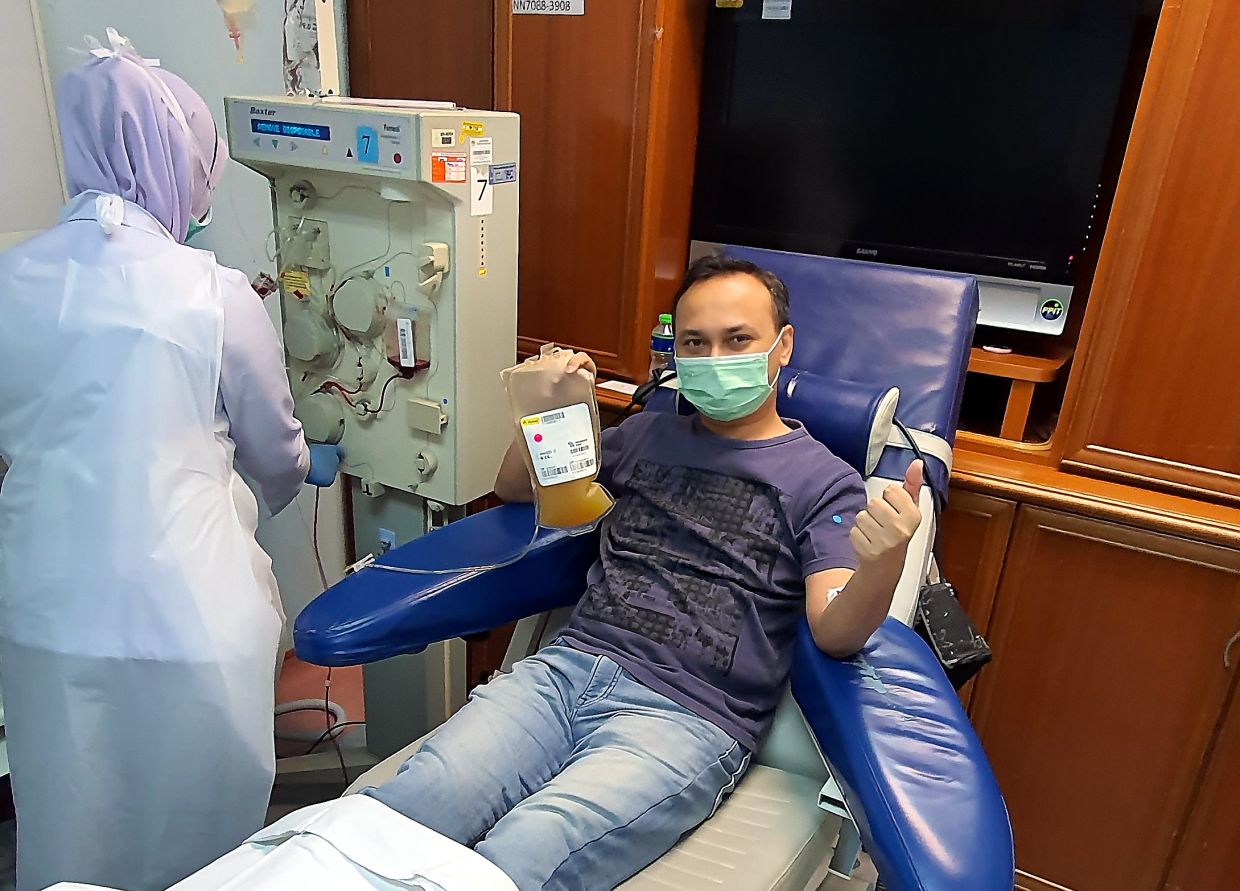
Earlier this month, it was reported that several recovered Covid-19 patients have stepped up and donated part of their blood… for science! No, really. According to Health Director-general Datuk Dr Noor Hisham Abdullah,
“Two or three patients who have recovered are coming forward to contribute to science and technology. They are donating their blood to help MOH carry out research and for science to look at the viscosity of antibodies (which will be used to treat Covid-19 patients),” – Dr Noor Hisham Abdullah, as reported by The Star.
The donated blood will be separated into red blood cells and plasma, and the plasma will be studied to see if it can be used to help other patients recover. Blood plasma is the yellowish liquid you get by removing red blood cells from blood, and it contains a mess of other cells and stuff. One kind of ‘stuff’ floating around in blood plasma are antibodies, which are proteins that the body produces to fight off intruders.
We’re not being very scientific here, but when an intruder (say, a coronavirus) enters a healthy body, the body will make a specific kind of antibody to attack the coronavirus. If the antibodies are successful, the coronavirus will be killed off, and the person the body belongs to will be cured. For a time, the body will remember how to make the specific coronavirus-fighting antibodies, leading to immunity from future attacks by the same intruder.

People who were cured from a Covid-19 infection then should have some Covid-19-fighting antibodies still floating around in their blood plasma, so theoretically speaking, it should be possible to take their plasma and put it in the body of someone who can’t make enough antibodies themselves, to help them fight the disease. The real method is probably a bit more refined, but that’s the rough concept behind it.
While the idea behind this wasn’t new (the concept having been around since the 1800s), there is still much researching to do, since we don’t know yet whether it will work against Covid-19 infections. Right now, our research on this is still in the early stages.
“It may take some time before the ministry can find strong evidence to use it. The ministry is studying the use of blood plasma by looking at the antibody content and so on,” – Dr Noor Hisham Abdullah, as reported by Malay Mail.
All these research into possible cures sound like a lot of work, but it should be reminded that…
Fighting a pandemic is more than just finding a cure
These are just some of Malaysia’s currently ongoing efforts in finding a cure for Covid-19, and we’ll probably see more projects like these in the near future. For example, research into two other possible vaccines are currently being planned by our Institute of Medical Research. And who knows what kind of possibilities other countries are planning on researching next.
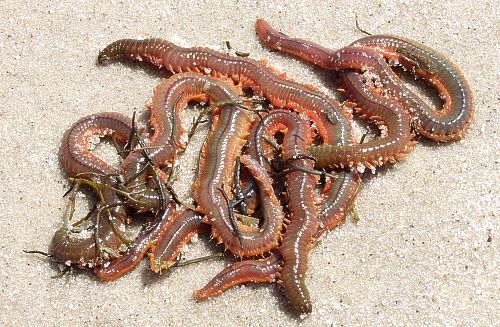
But even with all these studies going on, Dr Noor Hisham estimated that it may take some time before we’ll see Covid-19 vaccines for sale.
“It will take probably about a year or a year and a half before we can get a vaccine in the market. Research is ongoing and hopefully we can get the vaccine as soon as possible,” – Dr Noor Hisham Abdullah, as reported by The Star.
Seems like a reasonable amount of time, as a cure or a vaccine is probably the endgame to this Covid-19 pandemic. And although it seems like getting to a cure alone is a huge enough task, there are other equally huge tasks for the government to juggle as well, like handling the spread and figuring out what to do with the economy, among others.
Bearing in mind that none of us could have seen this pandemic coming a few months ago, it’s almost remarkable how well we’re handling things, relatively speaking. However, until a real cure is up and running, we shouldn’t relax just yet and do something dumb like ignore the MCO or whatever, just because things seem under control.
It would be premature to celebrate a skirmish when there’s still the war to be won.
- 699Shares
- Facebook662
- Twitter5
- LinkedIn5
- Email9
- WhatsApp18


